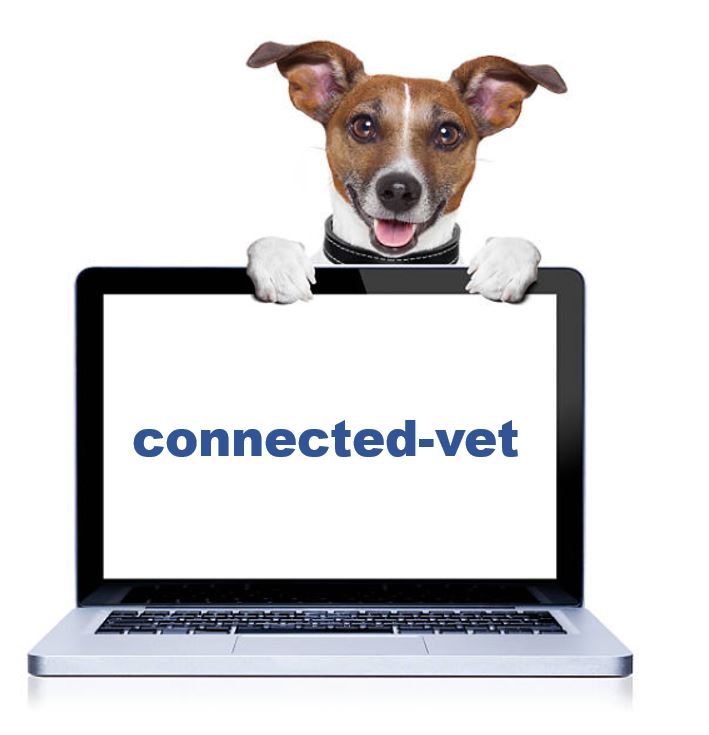Telemedicine has only received limited attention by veterinary professional regulatory bodies, particularly in Europe. In Portugal, telemedicine is currently outside what is considered acceptable practice by the regulator, the Portuguese Veterinary Order (Ordem dos Médicos Veterinários).
As part of a wider research aimed at gathering evidence for developing a new veterinary Code of Professional Conduct, this study describes the use of the Policy Delphi technique to gather the views and perceptions of a purposeful sample of 41 Portuguese veterinarians regarding telemedicine. Four main issues were addressed using mixed research methods: teleconsultation, teleconsulting, teleadvice, and the regulator’s role.
Responses highlight participants’ perception of both the relevance of medical digital technologies in improving healthcare and their limitations.
Overall opinion was that, although restrictions to remote veterinary practice should be reduced, improved guidance and regulation are warranted. Eighty percent of participants considered that limits to the use of veterinary telemedicine should be imposed and two thirds considered that a remote consultation must always be preceded by a face-to-face consultation. While most respondents thought that vet-to-vet teleconsulting using social media (namely Facebook) should not be banned, 83% recognized that it should be regulated by ethical standards.
Participants’ concerns with telemedicine had mostly to do with reputational risk for the veterinary profession, while overlooking privacy or confidentiality issues.
A consultative group should be established to ensure that telemedicine providers comply with professional requirements. It is expected that these results will support policy-making by the Portuguese Veterinary Order and by veterinary regulators at other jurisdictions.
Lire la suite: www.ncbi.nlm.nih.gov






